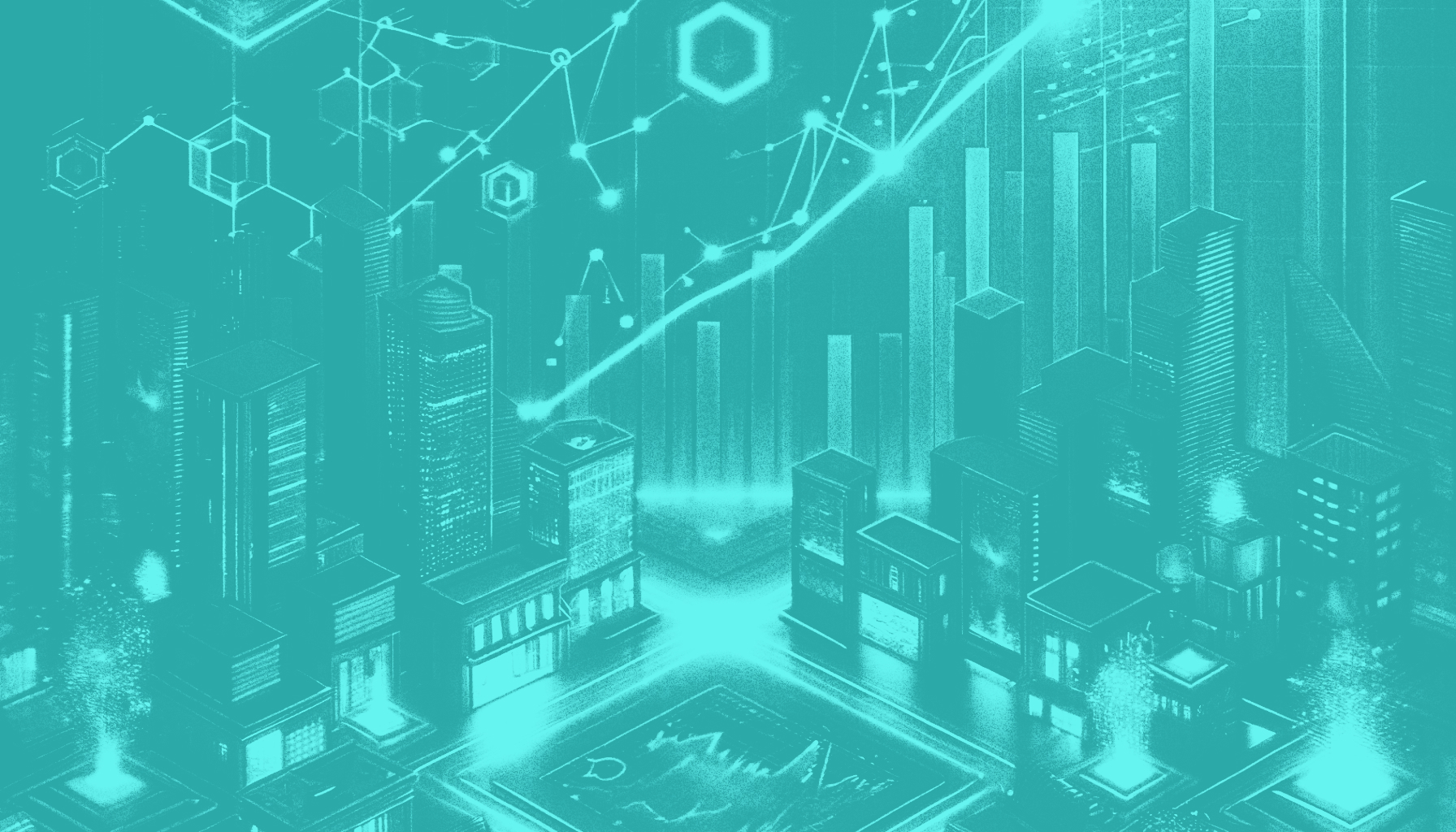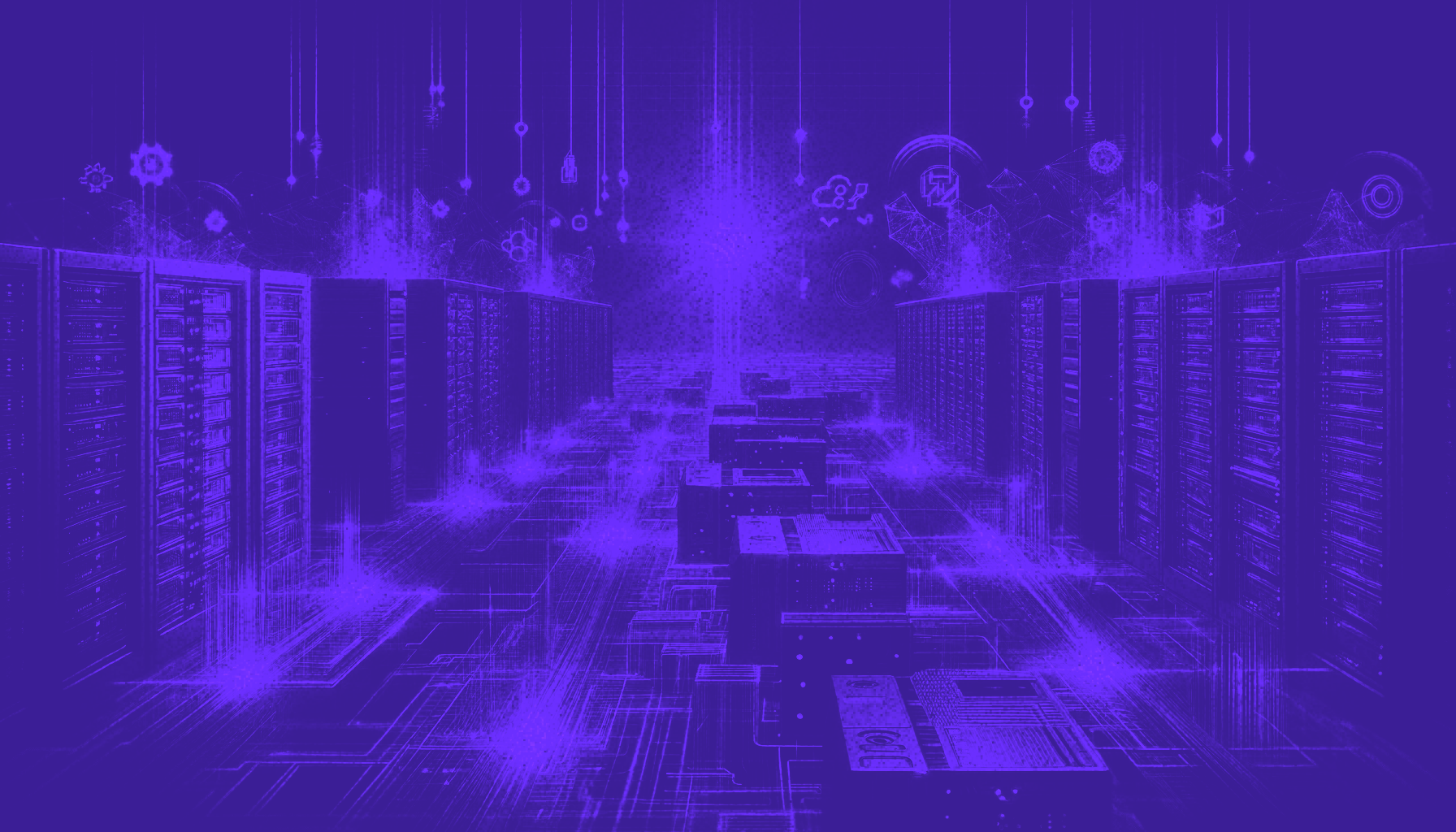Blockchain is touted as a game-changer technology. However, without blockchain use cases in the industry, it will never reach its potential.
You probably heard a lot about blockchain in the last decade. I mean, who hasn’t? It’s everywhere. You also probably noticed that blockchain has gained a lot of popularity thanks to Bitcoin. Today, blockchain goes far beyond cryptocurrencies.
It creates a multitude of use cases, with applications spanning many different industries. The most common use cases of blockchain are in the banking, finance and insurance, cyber security, and healthcare industries.
How Blockchain is changing the world
Blockchain’s popularity and growing industrial applications are increasing dramatically due to its inherent characteristics – the decentralized and distributed ledger is consistent and completely transparent. No centralized authority is required to manage the blockchain network. All peers within the network verify the information stored in the blockchain ledger.
The bottom line? It is very reliable and secure, and there is no access for attackers. These technological features of blockchain make it one of the most important (r)evolutionary tools of the 21st century. Because it is a tamper-proof ledger, this technology offers a wide range of potential blockchain use cases for businesses in all industries.
So, what’s holding things up?
Some early adopters are not using blockchain just because it is a hot new topic in tech circles, but there are many benefits. We’ve summarized some blockchain use cases in the next section – check them out!
Cyber Security
No information system or platform is 100% secure. That’s why cybersecurity is as complex as it is now. However, we can see better “cyber security” in the future. It’s possible with the help of blockchain. Blockchain can play a major role in solving a lot of system security.
Blockchain can improve cybersecurity protection through the use of decentralized storage solutions. Since the data is stored in a decentralized manner, there will not be a single point of hacking. Most of the time, businesses rely on a centralized system which isn’t a great way to store data. At least from a security stand view.
We can also see DNS security improving with decentralization. It can help reduce DDoS attacks. Other aspects of the system, for example, messaging, can also detect security improvements. Consistency also means that hackers can’t commit fraud or steal data. We can agree that the use of cybersecurity blockchain is one of the biggest and most important challenges.
Healthcare
Blockсhain teсhnоlogy hаs thе pоtential to trаnsform health саre, plаcing thе pаtient at thе сеntеr of thе hеаlth саre есоsystem and inсrеаsing the sесurity, privaсy, and interоperаbility оf hеаlth dаta.
This tесhnology could prоvide a new modеl for health infоrmation exchangеs (HIE) by mаking electronic mеdical records mоre effiсient, less intrusive, and seсure. This new, rаpidly evolving field provides fertile grоund for experimеntation and investmеnt.
Bloсkchain technology mаkes patient data mоre secure because decentralized dаta storage makes it harder to hack. There are multiple interсonnected servers аnd changes cаnnot be isolated tо just one sеrver. More than 51 percent of sеrvers need to be attaсked to compromisе the nеtwork.
When it comеs to the storagе of health dаta, having a dаtabase netwоrk means a patient can have their own pаssword. They can usе it to verify aссess to recоrds at a range оf hospitals аnd medical offiсеs, thereby keeping accurate dаta that promotеs health withоut the nееd for vulnerable pеrsonal reсоrds.
Bloсkchain technоlogy presents numеrоus oppоrtunities fоr hеаlth cаre. However, it is nоt fully mаturе tоday, аnd it cannоt be immеdiаtely аpplied.
Several techniсal, organizational, and behavioral есonomics challenges must bе addressеd before the hеаlth care blockchain саn be adopted by оrganizations nationwide. It creates uniquе opportunities to reduce соmplexity, enable trustless соllaboration, and сreate secure informatiоn.
CHECK IT OUT!
Education
Educational degrees are a crucial part of our education system. It provides validity to someone’s skill and offers insight into what they’re capable of doing. Still, they’re hard to verify and carry. It is also very easy to cheat and can lead to situations where candidates get jobs that they do not deserve.
The solution to stop this is to secure blockchain distribution. Candidates can obtain digital documents and degrees. All of this is done digitally with the help of a blockchain. They’re associated with the digital identity of the candidate and can be verified at any time. The certificates are available anywhere, making them manageable and easily accessible.
Finance
Today, one of the biggest threats to the banking sector is technology. Whether it’s coming from major technology firms or introducing new financial technologies, traditional banks are beginning to realize that. One potential disruptor for the financial industry today comes from programs that include blockchain technology.
The most obvious and basic use of blockchain technology is its use as a payment system. Bitcoin and other cryptocurrencies act as digital currencies and a way to send payments in that money form worldwide. These transactions are secure, anonymous, and borderless. In addition, transaction costs are minimal (or at least they meant to be in theory), costing only a few bucks per transaction (depends on the blockchain you use), making it the cheapest way to send money around the globe.
Blockchain technology is being taken seriously by the financial sector as it may appear to be a major disruption to the mainstream banking industry. The nature of the blockchain makes it ideal for reducing costs and simplifying everything from payments, asset trading, clearing and settlements, securities, and banking. It is clear that blockchain technology is much more than Bitcoin or cryptocurrencies.
Gaming Industry
The gaming industry is well-known for its digital evolution. With the development of virtual reality gaming, the industry is now engaging in precision and variety in the multiverse. You will find players around you playing their favorite games on their mobile phones.
Technology has advanced so much that even the gaming industry is seeing unprecedented change and demonstrating the greater potential for a better future. The phenomenon in question is blockchain. It is here to not only bring a change but also establish and transform the gaming industry.
The implementation of the technology has given a completely new perspective and has shown great growth and success at the same time. More and more blockchain technology-based games are being introduced into the market. This shows promising growth in blockchain popularity in the gaming industry.
Combining cryptocurrencies with video games can lead to a fun, secure, and smooth gaming experience. Fortunately, blockchain-based gaming is the next step in protecting video games and establishing a long-term industry standard. As a result, video games and cryptocurrencies have the potential to transform the gaming industry in a variety of ways.
Everyday life
Many people associate blockchain with crypto as a supporting technology for cryptocurrencies and think it only applies to finance. But the potential use of blockchain technology extends far beyond finance and crypto and promises to take over the world in a way we have never seen before.
Here are some blockchain use cases through which this technology promises to have an impact on our daily lives over the next decade, mainly for the better:
Decentralized Social Platforms
Blockchain-based social media platforms protect users’ rights to uncensored expression, allowing you to express your views on the subject without risk of retaliation. In addition, advanced blockchain ledger technology allows users to make private transactions that are not accessible to third-party testing.
Unchangeable Digital Records
Financial transactions, legal disputes, property, birth and death certificates, insurance records, and other sensitive documents can be safely recorded in encrypted code and stored on the blockchain.
Travel and Hospitality
Popular booking platforms often offer discounted prices for travel, car rental, and hospitality. However, giving your sensitive data to intermediaries puts you at risk of theft and abuse. By removing the middlemen from booking, blockchain ultimately reduces travel costs and increases the security of travelers’ personal information.
Intellectual property
From high-tech patents to fashion and entertainment, blockchain tools are being used to prevent the theft and fraud of intellectual and creative properties, as well as to obtain proof of ownership.
To sum it up…
Everything seems very promising when it comes to blockchain, and its use and the potential of this technology in the future are unraveling. The sudden rise of the blockchain use cases over the past few years shows that it supports creating more efficient and robust future technologies.
Many applications are being tried and tested every day, adding to exciting blockchain technology. And once these applications are made live for the global audience, blockchain will reshape people’s lives for good.
So, what are you waiting for? If Blockchain and its applications intrigue you and you want to make your career in blockchain technology, then this is the right time to join us. Check out our careers page today to get started on a path toward your new career. We will be excited to have you!



